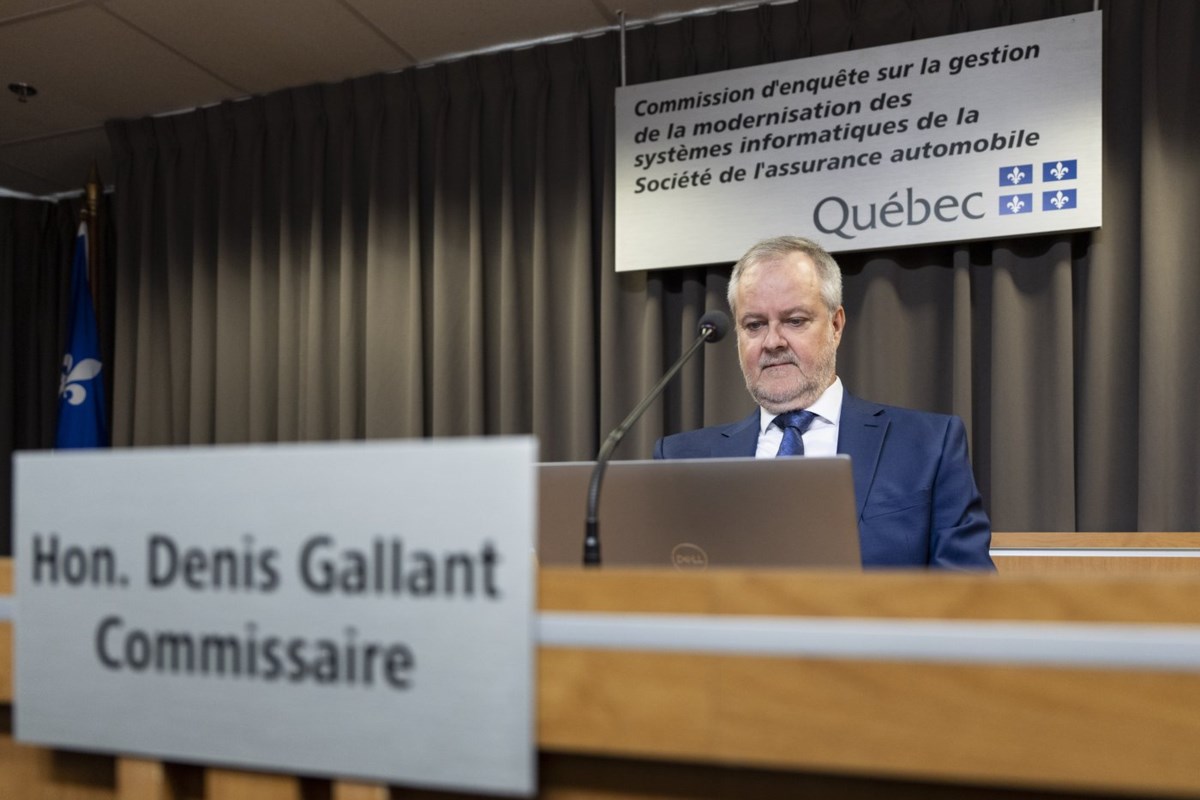The Magyar Playbook: Lessons from Hungary

Hungary, like Georgia, understands the heavy weight of a dominant political force adept at state capture, nationalist rhetoric, and the systematic erosion of democratic norms. Viktor Orbán's Fidesz party seemed unassailable for over a decade, governing with near-absolute power, benefiting from global economic tailwinds, and facing a fractured opposition often more consumed by internal squabbles than unified resistance. The toxic legacy of past political figures further complicated the opposition's landscape. László R Mézes is a Hungarian freelance journalist covering events in Georgia since September 2024, mainly working with the Magyar Hang media platform. Yet, 2024 witnessed an eruption. A political vacuum emerged amid a deepening livelihood crisis, failing public services, and simmering public anger exacerbated by scandal. Into this void stepped Péter Magyar, a former regime insider, the ex-husband of Orbán's justice minister. His emergence wasn't just a political shift but a phenomenon that rapidly coalesced disillusioned voters into the Tisza party. Polls suggest Tisza now rivals or surpasses Fidesz in popularity. Magyar's rapid ascent from insider-turned-critic to the figurehead of a potent nationwide movement offers critical, actionable lessons for Georgians confronting similar political realities. His success isn't accidental - it is built on distinct strategies that resonate deeply with a populace weary of corruption, division, and perceived government ineptitude. The Magyar playbook warrants close examination for those seeking a path forward in Georgia. Here are some key lessons. Transcend the Trenches: "Not Qotsi, not Natsi, Georgian!" Magyar’s most potent initial rallying cry was deceptively simple: "Not right, not left, Hungarian!". This explicitly rejects the entrenched political binaries that Orbán, like dominant parties elsewhere, cultivated to divide and rule. Recognizing that Hungarian opposition voters were primarily united against Orbán rather than for a specific ideology, Magyar offered a unifying banner. The Georgian version along the lines of "Not Qotsi, not Natsi, Georgian!", may capture this essence of it – it’s not about finding a bland middle ground, but about creating a common identity focused on national well-being above partisan warfare. This inclusive message signals openness to all citizens, including disillusioned former supporters of the ruling party, creating a broader coalition for change. Magyar chose the slogan "Hungarians First!" to both echo and contrast with the nativist, regime-centric "Hungary First!" by Orbán, indicating that the opposition centered on the Hungarians' actual needs and daily struggles. Authenticity Through Engagement: Go to the People, Truly Listen Magyar didn't campaign solely from Budapest. He embarked on relentless country tours for months in multiple towns and villages, where people said they hadn't seen an influential politician for decades. He did not just deliver speeches but also tried to create a more complex social experience involving a strong presence of national symbols, which the government party had tried to appropriate. There were also symbols of the community coming together: singing together, holding hands, and other symbolic performances, creating a welcoming environment. In parallel, Magyar utilized modern influencer techniques to build up his brand. These highlighted that he stepped up when the country needed it, pointed to his presence in all crucial cases, and his strong personal commitment. The events generated him considerable popular respect, while he remained personable and accessible to everyone during the public events. Magyar's country tours are not just one activity, but the central showcase of his people-centered politics. Magyar's country tours are not just one activity, but the central showcase of his people-centered politics. Local activists briefed him on specific, granular issues affecting communities, and Magyar incorporated this knowledge immediately. By channeling what he heard from the community into his conversations and speeches, he spoke directly to people's lived experiences, creating the impression that "he is really talking about our problems". This constant feedback loop rapidly educated Magyar on the nation's true state beyond the capital city bubble, and it also built public trust by demonstrating genuine interest and responsiveness. Contrast this with opposition figures perceived in Georgia as distant, only appearing periodically and with generic messages. Magyar’s presence is continuous—he speaks to local problems, broadcasts every event, and encourages more people to attend upcoming gatherings. Action, commitment, and avenues for participation are what voters crave, and Magyar delivers. Weaponize the Present: Focus on Government's Tangible Failures Previous opposition efforts often focused on warnings about the future; they said, "It will get worse". While possibly true, such messaging can feel abstract and distant to citizens who grapple with immediate hardships. Magyar stays resolutely in the present and hammers messages about the collapsing healthcare system (visiting hospitals to show the decay), the struggling education sector, deteriorating public transport, and the stark livelihood crisis. He frames these not as isolated problems, but as a systemic failure, which directly results from the regime's corruption, state capture, and incompetence. He connects the oligarch's opulent lifestyle (symbolized by Orbán's infamous zebras) directly to the public's suffering and lack of resources. By making the regime's failures palpable and communicating them as a shared experience, he validates people's frustrations and counters the government's narrative of stability. Empower, Don't Just Preach: Build an Army of Active Citizens A significant aspect of Magyar’s dynamic impact relies on the mobilization of ordinary citizens through local groups called "Tisza Islands". These self-organizing groups may look like an innovation from afar. But, in fact, they represent a clever appropriation of Orbán's own original tactic from when he came to power. These Tisza Islands, now numbering over 1500 nationwide, are not centrally controlled but operate autonomously to support the movement. They tackle local issues, organize lectures, campaign locally, gather information on community needs, and even provide practical help, like arranging transport for people needing hospital care. The message is clear: regime change requires societal change, empowering citizens to take ownership. This fosters unprecedented civic responsibility and solidarity in a society where passivity and dependence on the state were common. It gives supporters meaningful roles beyond attending rallies, building a resilient, low-cost network, thus compensating for the opposition's lack of state resources. The message is clear: regime change requires societal change, empowering citizens to take ownership. This network allows Tisza to conduct large-scale actions, like their "Voice of the Nation" referendum, where they asked people fundamental questions about domestic policies, but also if they support Ukraine’s EU accession, given that anti-Ukrainian stance is a main governmental propaganda topic. These actions are reaching deep into rural areas, which the opposition struggled to access before. Master the Message: Dominate Communication, Deflect Propaganda Facing a vast state propaganda machine, Magyar became exceptionally adept at communication. He dominates social media (Facebook, TikTok, YouTube) with relentless activity – posts, videos, live sessions, sharp comments, and direct engagement. His tone is confrontational towards the regime (he dismisses ministers as "clowns") but inclusive towards citizens. He reacts instantly to government actions or statements, constantly pivoting back to his core themes of corruption and citizen hardship. Critically, he doesn't get bogged down in arguing on the regime's terms. When attacked with standard propaganda lines (e.g., being pro-war, anti-peace, controlled by Brussels/Soros), he swiftly turns the narrative upon the attackers: highlighting the regime's warlike rhetoric, its freeing of human traffickers while claiming border security, or its failure to protect farmers from Ukrainian imports while posturing against Kyiv. He answers accusations of being a foreign agent by stressing his "Hungarians First" policy and willingness to defy even allies like the EPP if Hungarian interests so dictate. He assures Fidesz voters they won't be punished for the regime's sins. Cultivate Fearlessness and Hope In societies accustomed to repression, overcoming fear is the first hurdle to mobilization. Magyar’s foundational political message was "Do not be afraid!". He showed courage by stepping out of the governing circle, knowing he'd be branded a traitor. By constantly reinforcing this message, he emboldened others. Magyar embraced and helped those who lost their jobs after siding with him, such as Zoltán Tarr, who became one of Magyar’s most important allies and was elected to the European Parliament. Magyar is constantly coaching supporters to prepare for propaganda attacks, including house raids and harassment. He is bringing nationwide attention to every such case and calling out the prime minister and the president. The growing network of Tisza Islands provides a sense of safety in numbers - together, individuals feel less vulnerable to intimidation. The growing network of Tisza Islands provides a sense of safety in numbers - together, individuals feel less vulnerable to intimidation. Despite the regime’s counterattacks and attempts to provoke violence, Magyar insists on non-violent resistance, highlighting positive examples of activists maintaining composure under attack. At the same time, he shields future candidates from the attacks, among others, by responding to Fidesz attacks personally, by directing the fire at himself. This disciplined fearlessness with strong personal commitment, coupled with a focus on tangible problems and a positive vision for the future, generates a belief that change is necessary and possible. Finding the Path Beyond Division While the Hungarian context has its specifics, the core challenges – state capture, pervasive corruption, societal division fueled by propaganda, and citizen disillusionment – resonate powerfully in Georgia. Péter Magyar's movement demonstrates that even deeply entrenched, nativist regimes built on corruption and division are vulnerable, if the opposition leader manages to transcend the manufactured political divides with a unifying, people-centric message; grounds political discourse in the tangible, everyday struggles of citizens; fosters genuine grassroots empowerment and civic action; masters modern communication tools to bypass propaganda and control the narrative; and, crucially, instills hope to banish fear. The Magyar playbook offers not a guaranteed formula, but a compelling demonstration that a new political force, built on authenticity, direct engagement, and citizen empowerment, can rapidly challenge the status quo. The work is hard, the risks are real, but as Hungary shows, the potential for transformative change driven by the people themselves is undeniable.
















